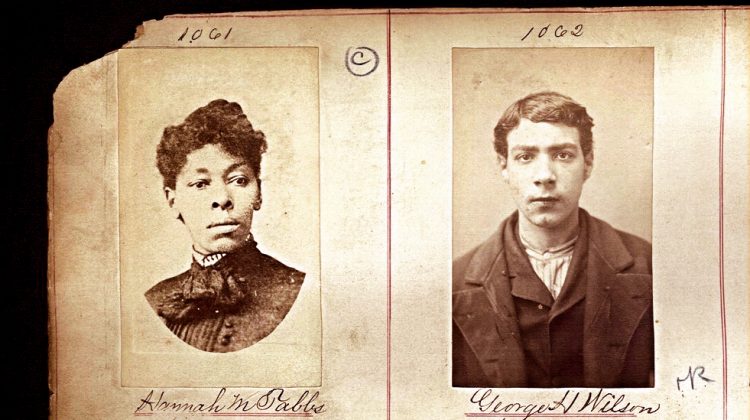Purchasing Whiteness: Race and Status in Colonial Latin AmericaPosted in Arts, Caribbean/Latin America, History, Media Archive on 2016-03-19 00:54Z by Steven |
Purchasing Whiteness: Race and Status in Colonial Latin America
Not Even Past: “The past is never dead. It’s not even past.” —William Faulkner
Department of History
University of Texas at Austin
2015-09-01
Ann Twinam, Professor of History
University of Texas, Austin
Let’s start with a question and a comparison.
What do you think would have happened if a free mulatto — someone of mixed white and African heritage — living in New York or Virginia, had sent a letter to either of the Georges, either King George III (1760-1820) or President George Washington (1789-1797) asking if he might purchase whiteness? Do you think he would have even received a reply, much less transformation to the status of white? The very idea that mulattos could pay to become “whites” or that an English king or a U.S. president might grant such a change seems unbelievable — because it was.
Yet, during the same period in the Spanish empire, such alterations for mulattos –also known as pardos or castas — became possible. This was so, even though the Spanish state had also institutionalized severe discriminations against those of mixed African descent, just as in the British Empire and in the American republic. Laws forbade their practice of numerous occupations including physician, notary, lawyer, priest, the holding of public offices, service in the regular military, entrance to universities, and marriages with whites. Still, it was also possible for Cuban Manuel Baez to receive a royal decree in 1760 that erased “the defect that you suffer from birth and leave you able and capable as if you did not have it, repealing this time in your favor whatever laws, ordinances or constitutions speak otherwise.”…
Read the entire article here.
